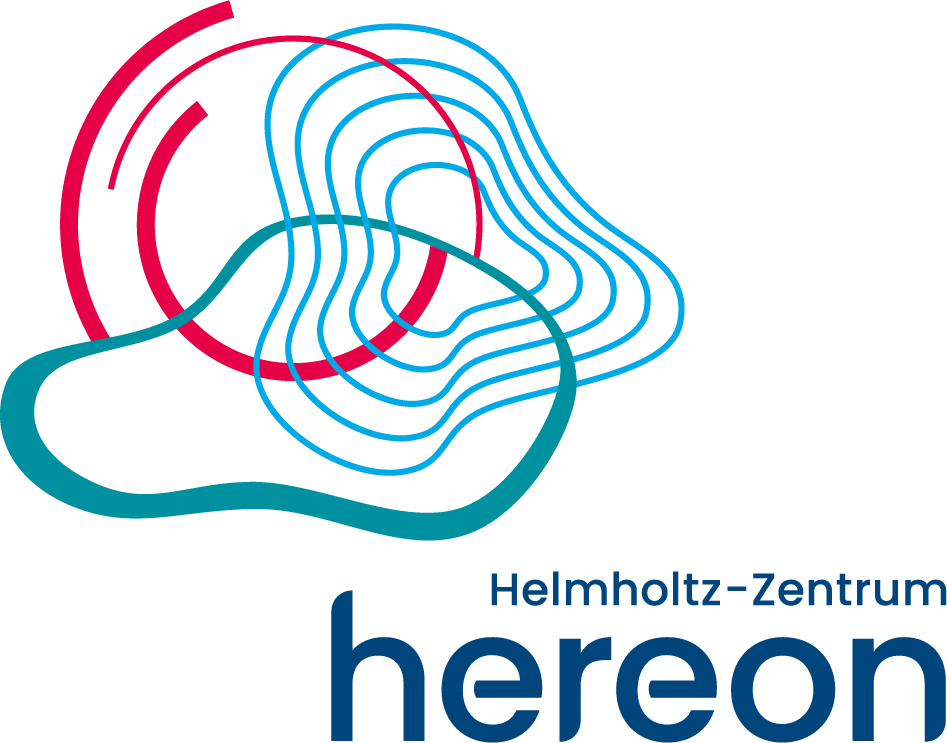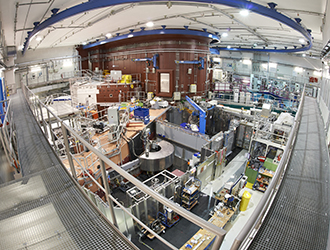MLZ is a cooperation between:
 > Technische Universität München
> Technische Universität München > Helmholtz-Zentrum Hereon
> Helmholtz-Zentrum Hereon
 > Forschungszentrum Jülich
> Forschungszentrum Jülich
MLZ is a member of:
 > LENS
> LENS > ERF-AISBL
> ERF-AISBL
MLZ on social media:

MLZ (eng)
Lichtenbergstr.1
85748 Garching
Getting beam time
You are at the right place to find any information regarding the instrument suite offered by MLZ: Each instrument has its own web page. A short description, scheme, typical applications and technical data are given. And the most important: Learn to know who the scientists responsible for the instrument are. It is highly recommended to contact them well in advance before submitting a proposal. They can help you with special requirements your experiment will need or advise you how to write a proper proposal.
Before you can submit a proposal you need to register at the User Office online system.
Please note: At the moment, we are working with two User Office online Systems because we are introducing our new system called GhOST gradually. In order to submit a proposal you will use this new system! Due to this, you also need to register at this new systenm even if you have already an account at our current system.
GhOST – Garching Online System Tool
After receiving the confirmation email you will gain access and can submit your proposal.
Don’t worry! Our new User Office systen GhOST offers detailed help: Each form filed has an information bubble and there is a help page as well!
A few insider tipps from the User Office team:- Please make always sure that you don’t forget to choose a requested instrument and give the number of beam days you will need.
- The review panel members have to read hundreds of proposals for each round. Make it easy for them: Write clear, and for a person who is not familiar with every detail of your special scientific field. Please do not rely on information contained in the given references.
- In case you are asking for beam time in order to continue a former proposal, please indicate the number. Please make sure that an experimental report had been submitted for the former proposal.
- Missing experimental reports for your previous experiments cause the rejection of the current proposal.
- In case your proposal was refused, you will get a short explanation.
- In case your proposal was accepted, please get in touch with your local contact as soon as possible – in order to arrange your experiment and your visit at the MLZ as soon as possible.
We are looking forward to welcoming you at the MLZ!
Within the Rapid Access programme, a limited number of days (up to a maximum of three beam days per reactor cycle) are allocated by a fast response process. It is devoted to those measurements which do not fit into the normal proposal workflow with two deadlines and reviews per year.
For the experiment of a successful Rapid Access proposal the presence of the user is not necessary and therefore the samples shall be sent to the designated local contact that carries out the proposed measurements. The main proposer will be provided with the raw experimental data as well as pre-treated data for further analysis.
Available for the Rapid Access programme:- the cold neutron radiography and tomography facility ANTARES
- the diffractometer for large unit cells BIODIFF
- the small angle scattering instruments KWS-1, KWS-2, KWS-3, SANS-1
- the neutron activation analysis NAA
- the analytic facility for prompt-gamma-activation analysis PGAA
- the high resolution powder diffractometer SPODI
- the materials science diffractometer STRESS-SPEC
- The proposed experiment has to be discussed with the instrument scientist well in advance – this discussion is mandatory!
- You submit your proposal via
GhOST – Garching Online Systen Tool - Select the proposal round for Rapid Access
- Complete the form – detailed help is offered there, too!
How does it work?
- Ten days before each reactor cycle (see here for dates), the received proposals are reviewed by an external committee
- The main proposer will be informed about acceptance/ rejection of the proposal straight afterwards
- Beam time to Rapid Access proposals is allocated in hours, max.: 12 hours
- Proposals with existing samples (at the time of submission) will be preferred
- In case your proposal is rejected but you are still interested in the beam time, you have to submit it anew for the next cycle.
- Due to the short duration of the measurements a high degree of standardisation is required and the usage of a complicated sample environment is excluded. It is expected that the measurements will be performed at Standard Ambient Temperature and Pressure (SATP) conditions by using a standard sample holder provided by the local contact. However, upon agreement with the local contact, the use of some simple sample environment equipment can be considered.
- Missing experimental reports for your previous experiments cause the rejection of the current proposal.

View into the experimental hall © Wenzel Schürmann/ TUM
Dr. Ina Lommatzsch
Phone: +49 (0)89 289-10794
Tatjana Burmann
Phone: +49 (0)89 289-10718
Iris Köhler
Phone: +49 (0)89 289-10758
MLZ is a cooperation between:
 > Technische Universität München
> Technische Universität München > Helmholtz-Zentrum Hereon
> Helmholtz-Zentrum Hereon
 > Forschungszentrum Jülich
> Forschungszentrum Jülich
MLZ is a member of:
 > LENS
> LENS > ERF-AISBL
> ERF-AISBL
MLZ on social media:


